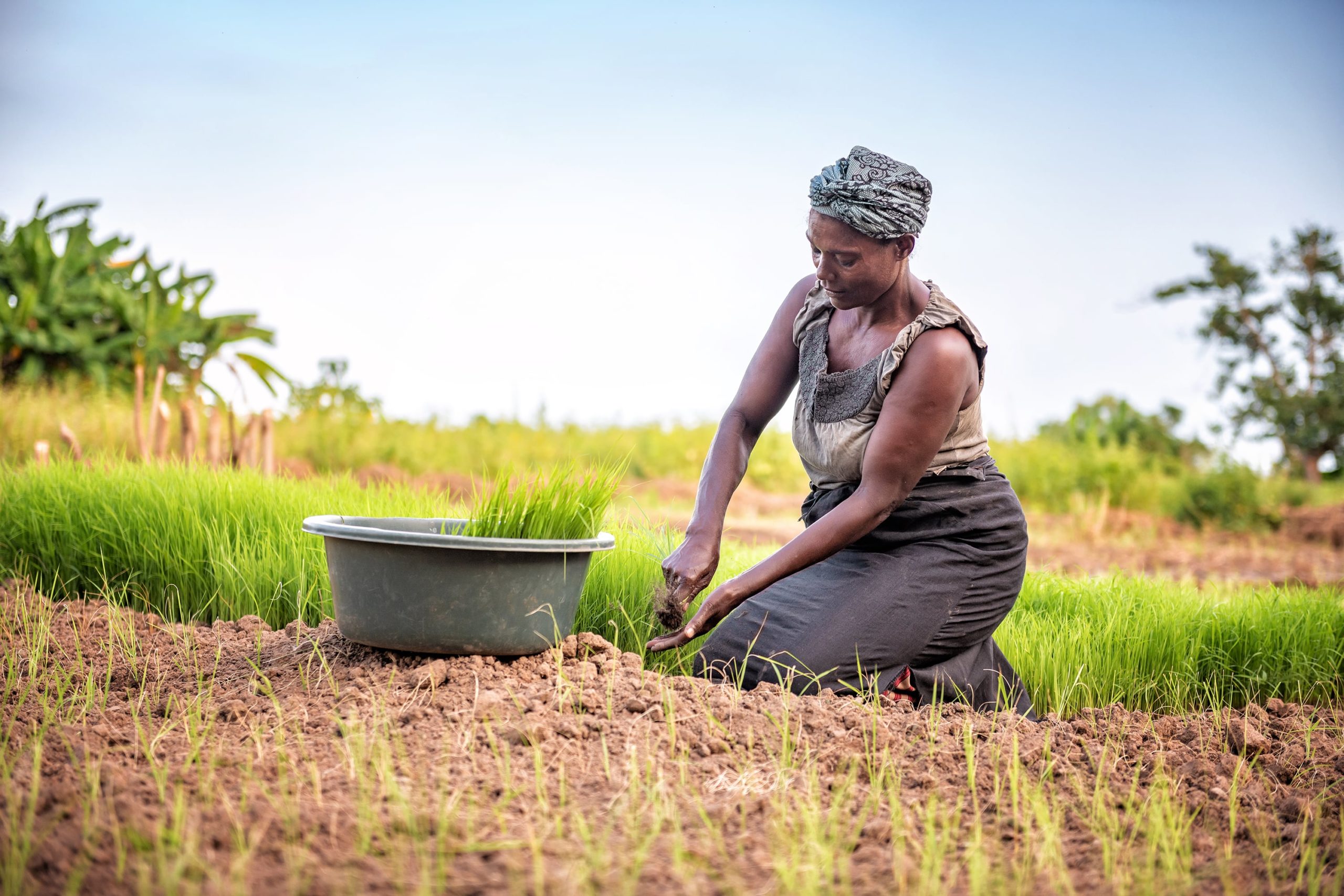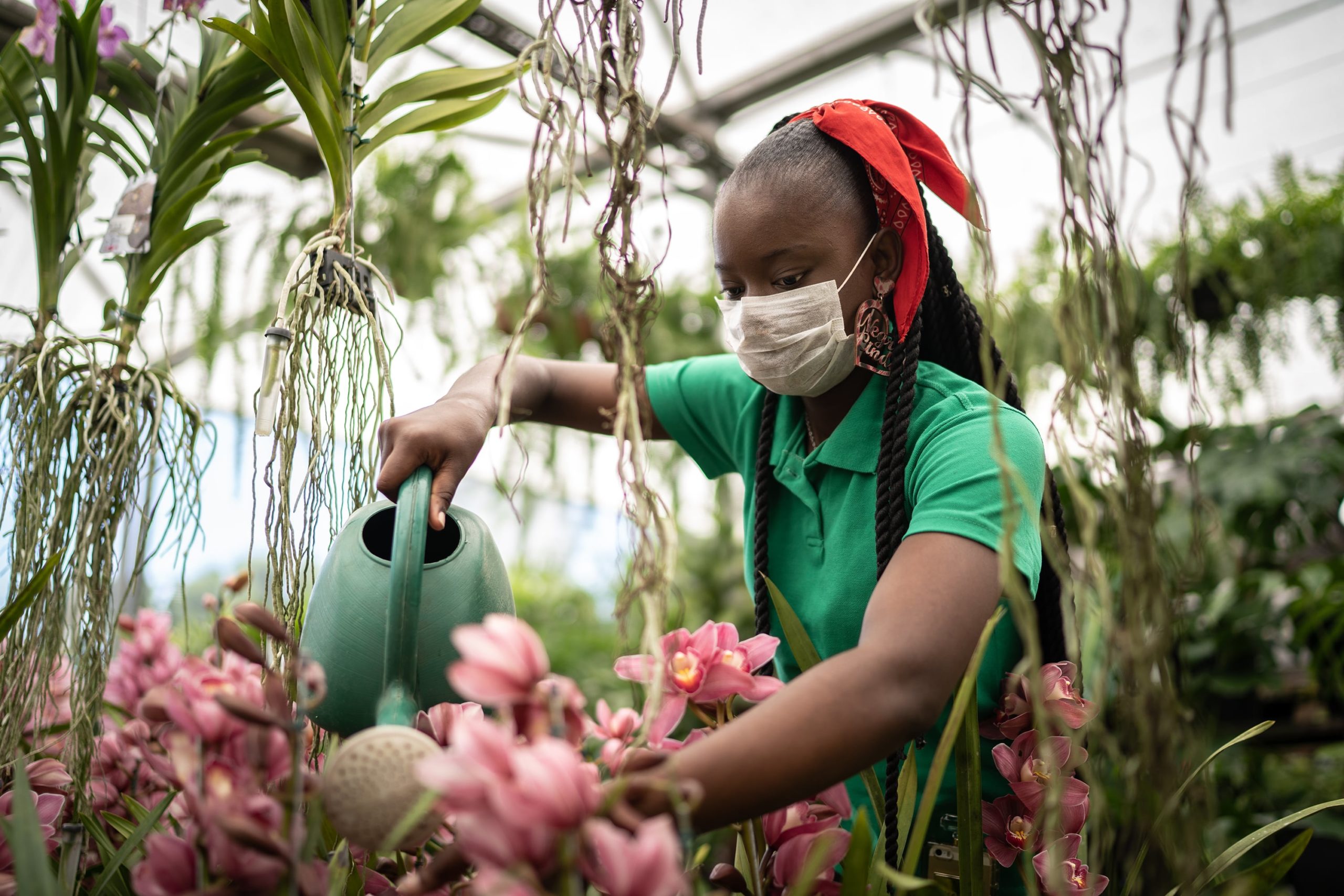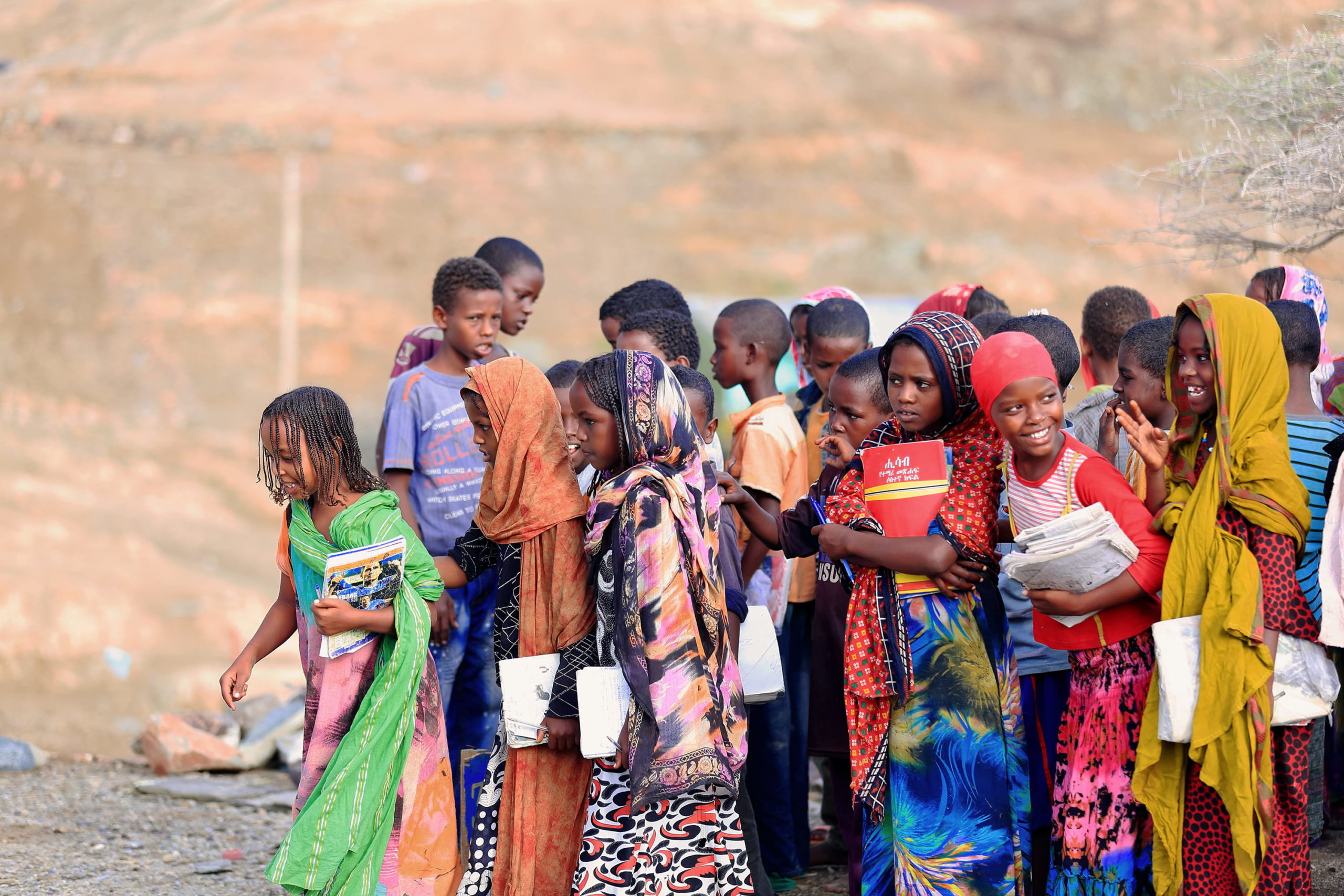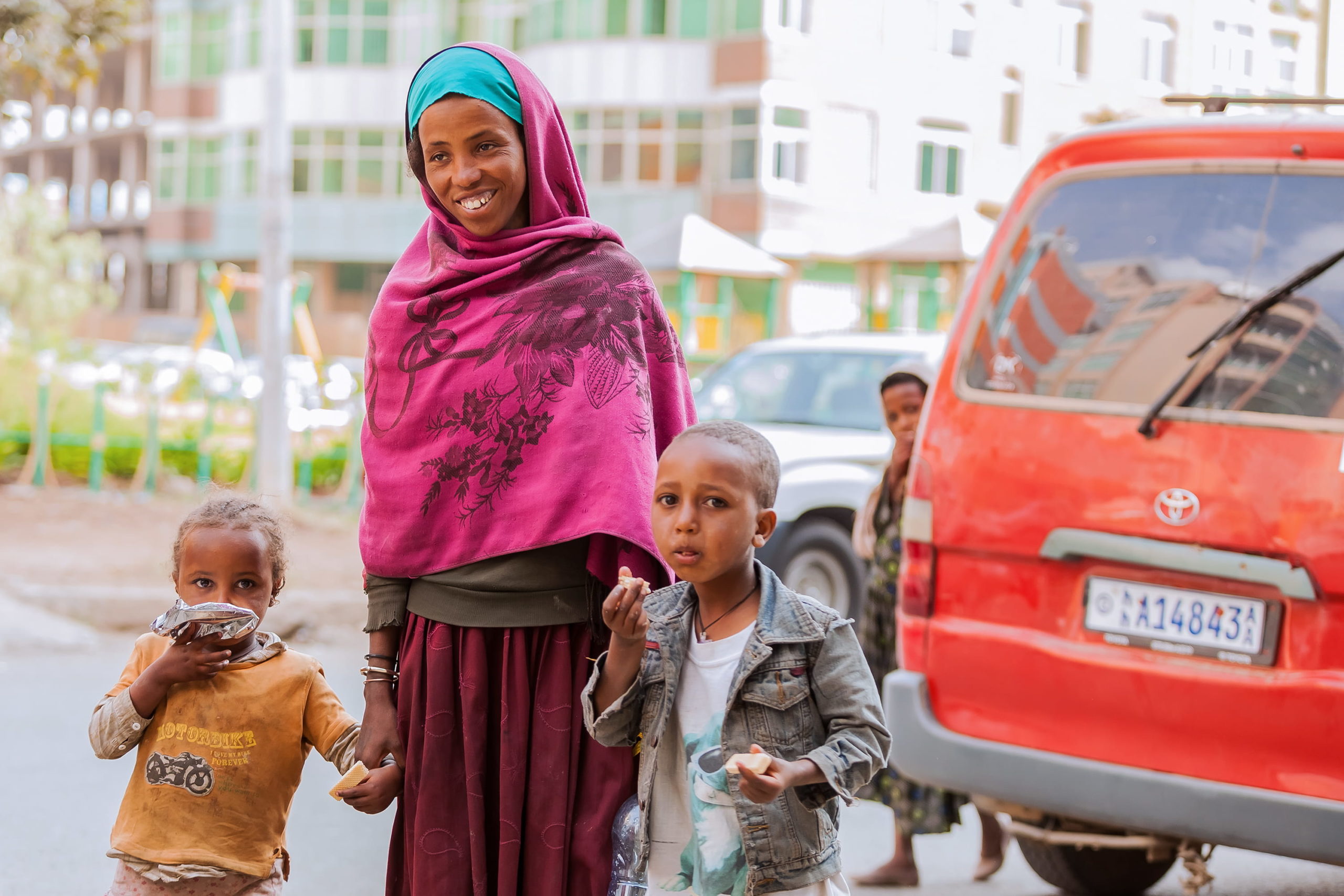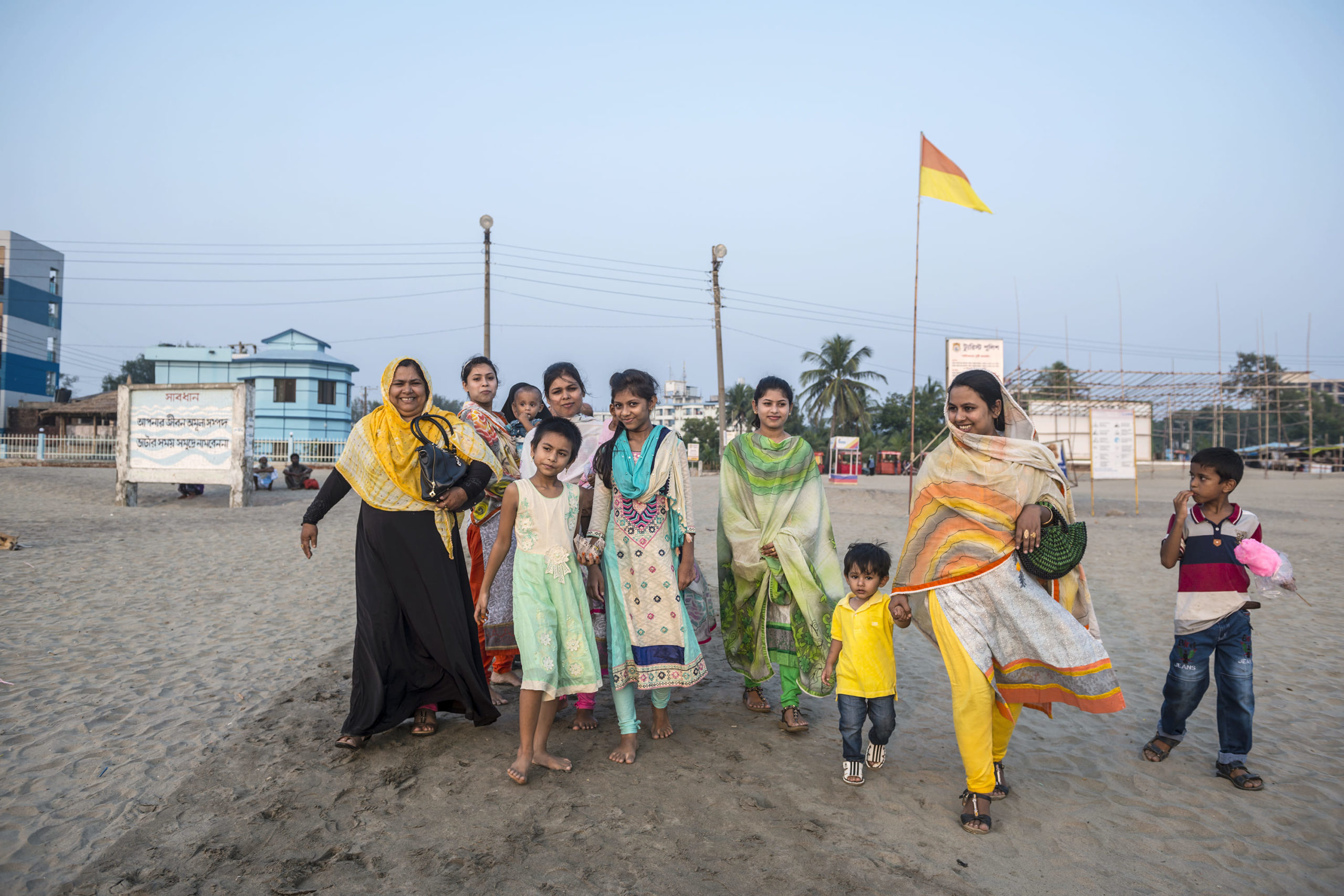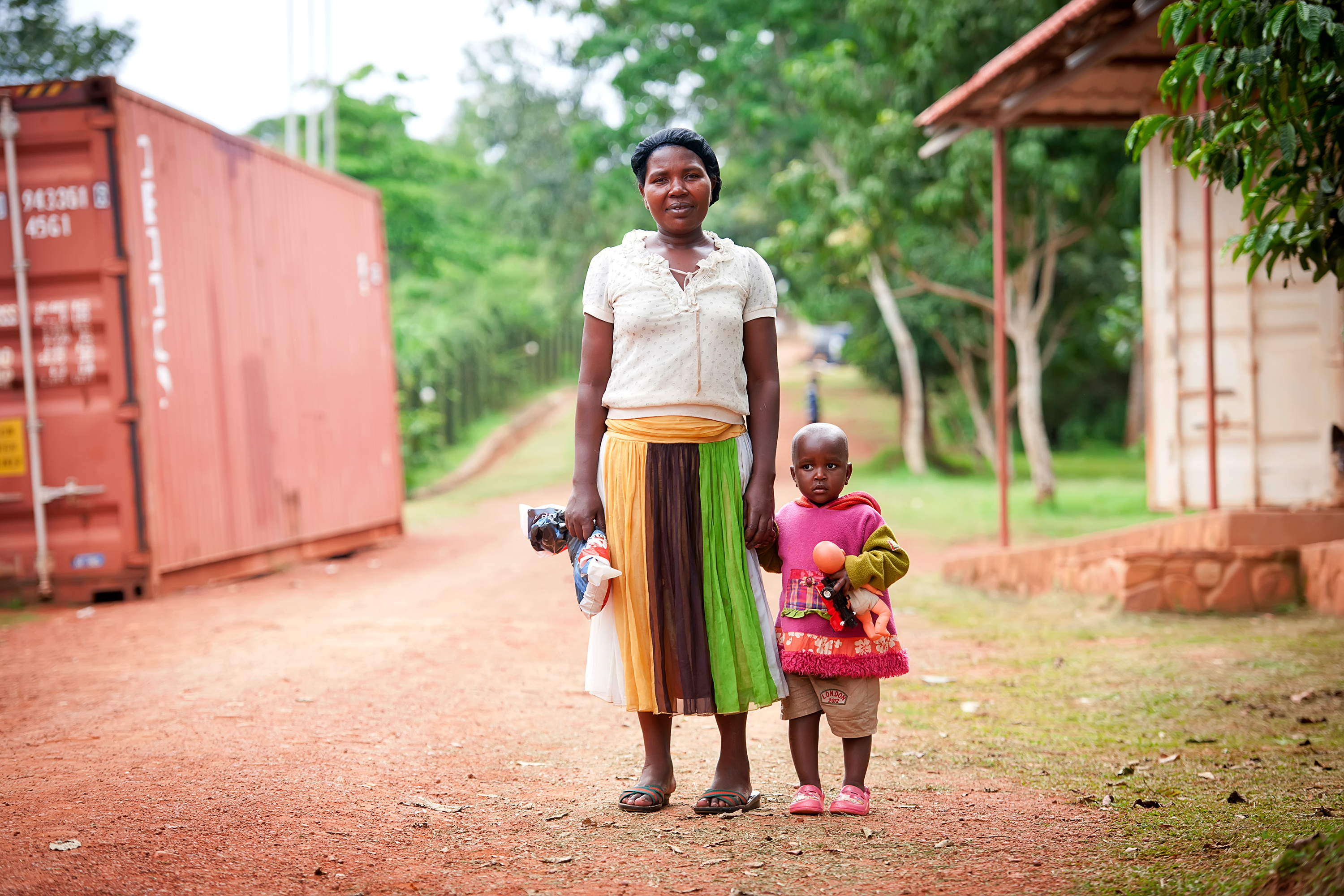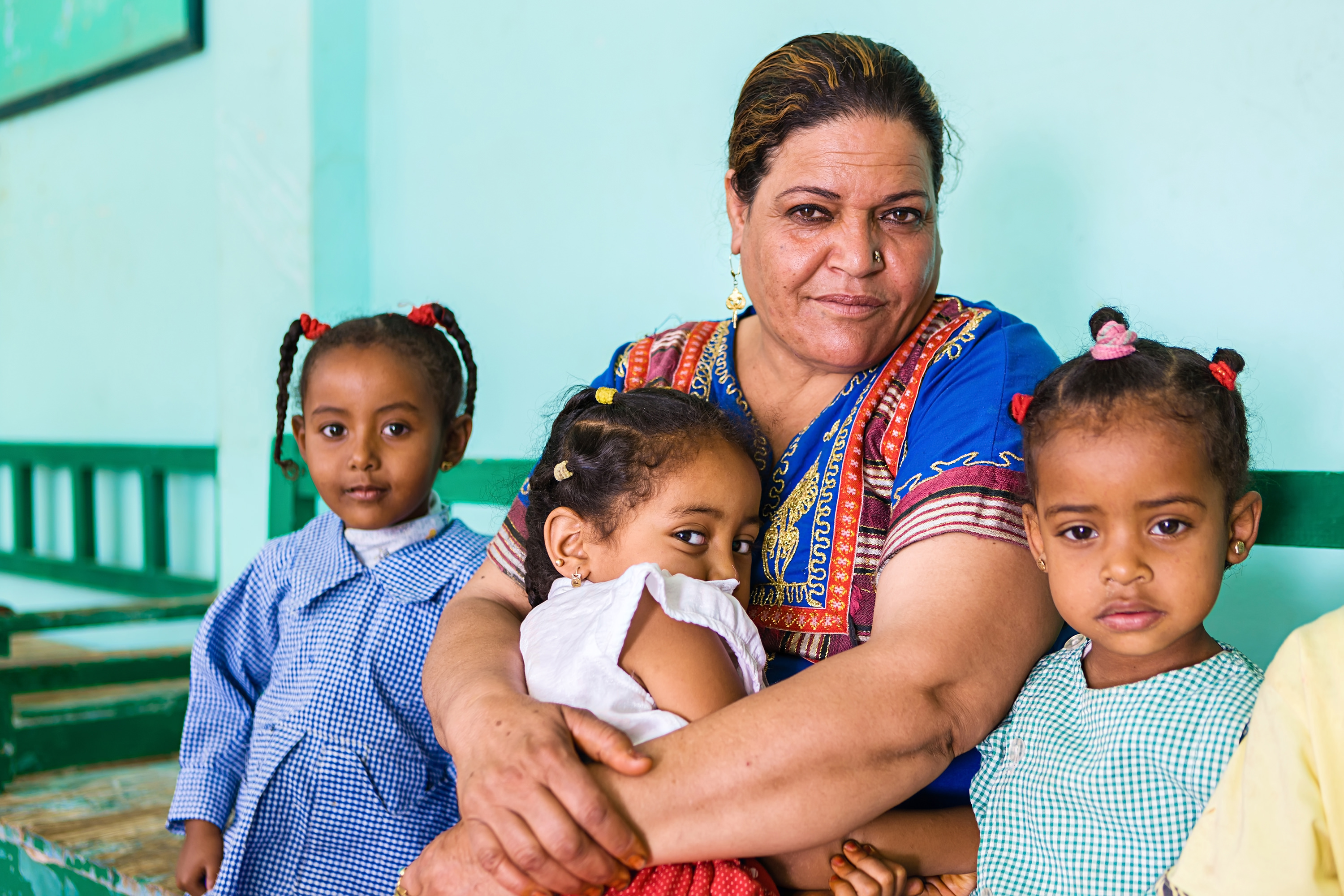Peripartum Timing, Agricultural Productivity, Food Security, and Child Health in Africa
The majority of the population in LICs depend on rain–fed agriculture for livelihoods, which means the timing of most activities is dependent on the rainfall calendar and pattern. This has obvious implications on the timing of other events...
